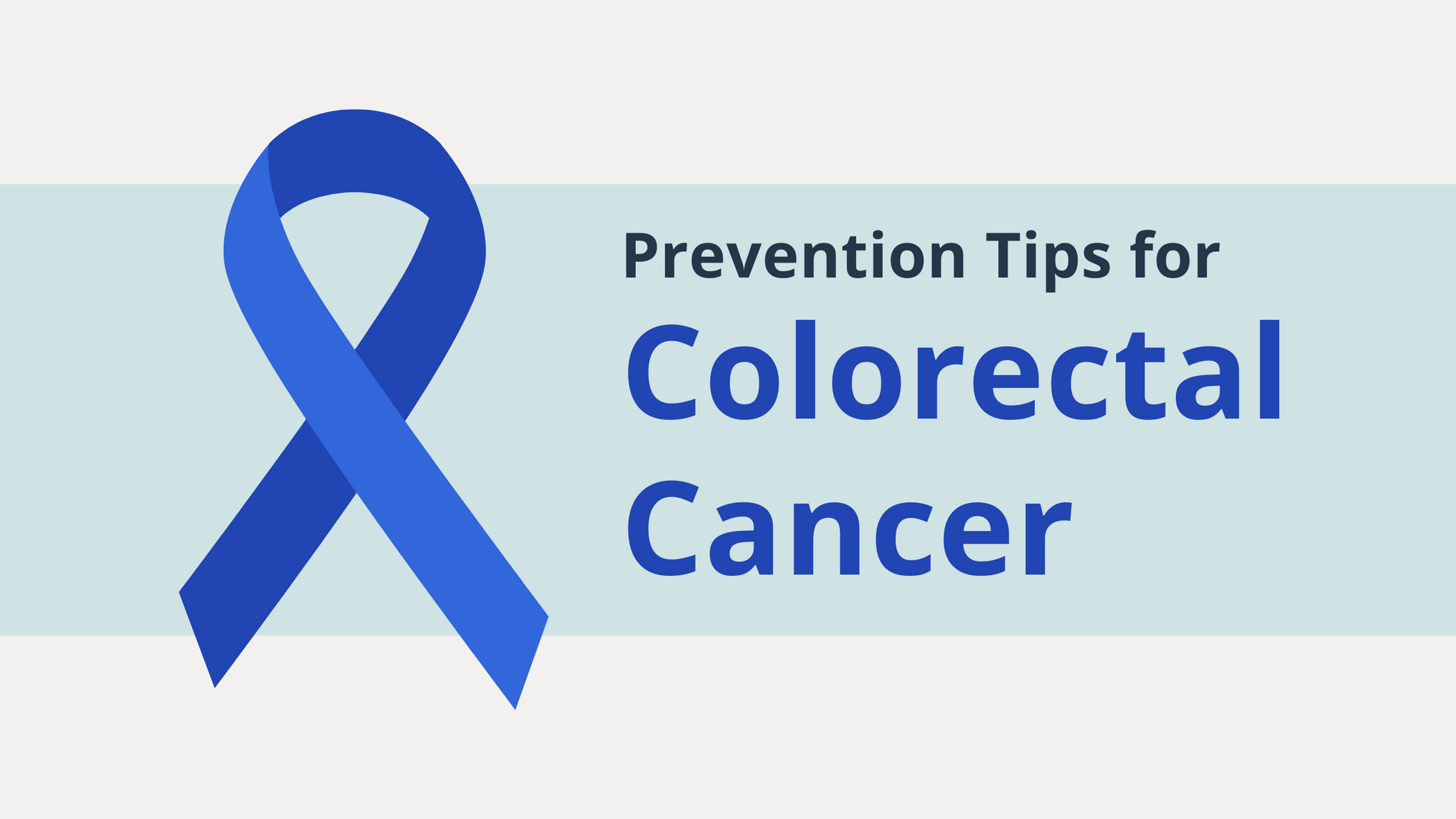The majority of colorectal cases are the spontaneous result of normal mucus-producing glandular cells in the colon or rectum transforming into cancer cells.
For some, treatment of colorectal cancer may involve surgery, leading to the creation of an ostomy.
This process can take up to 20 years, which suggests that there is a very important window of opportunity for active prevention.
One major factor would be healthier dietary patterns.
Research has shown that what you eat can play a large role in your risk for developing colorectal cancer.
A recent study also shows that a diet of mostly fruits, vegetables and a moderate amount of fish appears to offer the most protection against developing colorectal cancer.
JAMA Internal Medicine published a recent study (https://media.jamanetwork.com/news-item/vegetarian-diet-linked-to-lower-risk-of-colorectal-cancers/) that found a "pesco-vegetarian diet" consisting of mostly fruits and vegetables with a moderate amount of fish (as is common in the Mediterranean) — is associated with a 45% reduced risk for colorectal cancers compared to people whose diets include red meat.
A pesco-vegetarian is a vegetarian who also consumes fish and seafood.
Researchers at Loma Linda University analyzed the diets of nearly 78,000 people and then compared the diets to cancer incidence rates to estimate the number of people who might develop colorectal cancer.
They found vegans (who do not eat any foods derived from animals, including dairy) had a 16% lower risk for all colorectal cancers compared to non-vegetarians.
The researchers also found that vegetarians who avoid meat products had 22% lower risk of colorectal cancer compared to meat-eaters.
They also found that the pesco-vegetarian diet appears to offer the most protection against colorectal cancer.
Studies have linked red meat, especially processed meat, to increased risk of colorectal cancer.
This is especially true for processed meat, which is meat preserved by smoking, curing, salting, or adding chemical preservatives like hot dogs, sausages, bacon, or ham.
A very recent study published in October of 2020 found a direct molecular link between meat diets and the development of antibodies in the blood that increase the chances of developing cancer.
This molecule, ‘Neu5Gc’, is a sugar molecule found in the tissue of mammals but not in poultry or fish.
We develop antibodies to Neu5Gc when we are young during our first exposures to meat products, and these antibodies are associated with an increased risk of cancer.
At the same time, foods that contain high amounts of fiber have been linked to decreased risk of colon cancer.
Researchers believe that may be because fiber tends to speed up the amount of time it takes for waste to travels through the colon.
As this waste often contains cancer-contributing carcinogens, a high amount of fiber decreases the opportunity for carcinogens to affect the intestinal cells.
Fruits and vegetables are a readily available source of such fiber.
In summary, calcium, fiber, milk, and whole grains have been associated with a lower risk of colorectal cancer, and red meat and processed meat have been associated with an increased risk.


